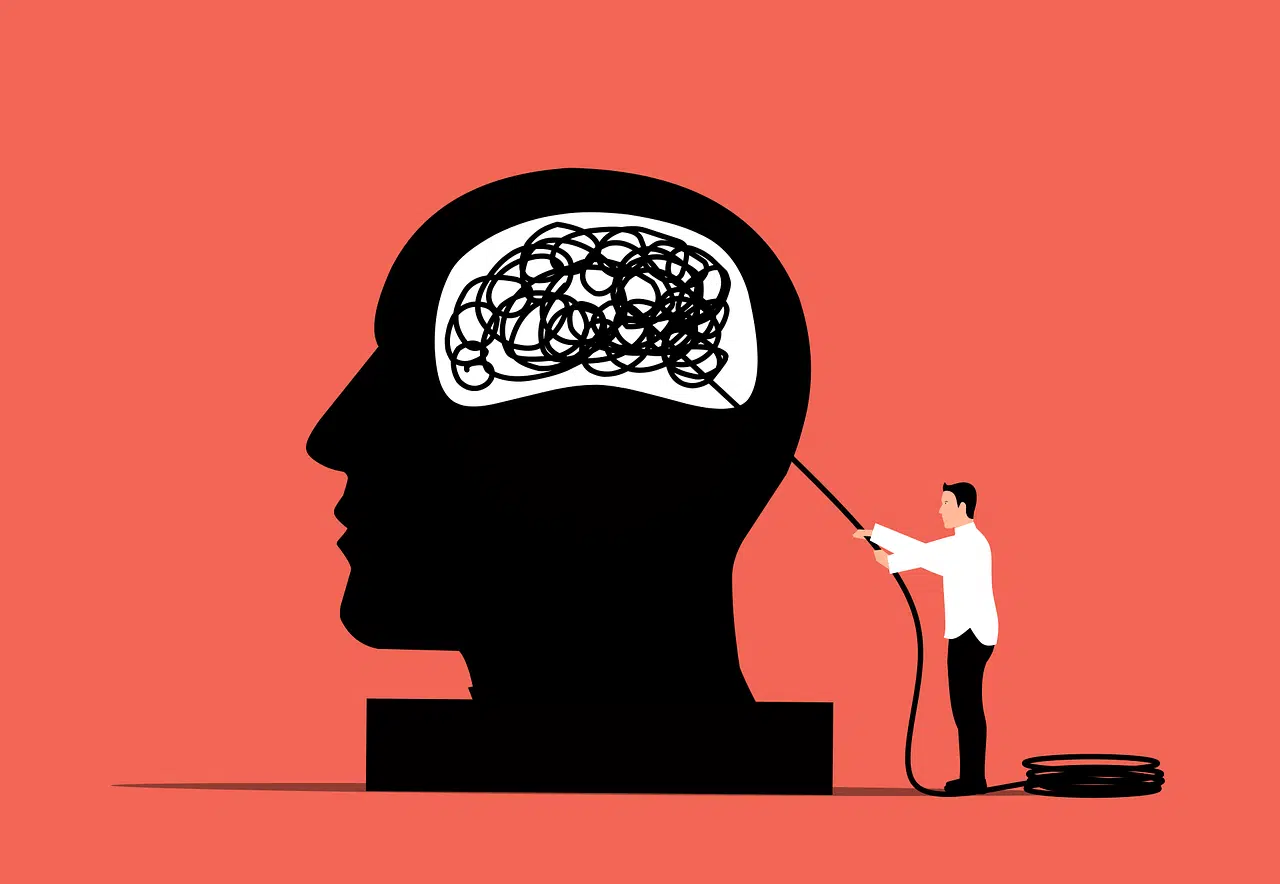
Forensic psychology collects and analyzes psychological data to assist magistrates in a judicial process.
Forensic psychology is the branch of psychology whose purpose is to collaborate with magistrates who must resolve a judicial process . Forensic psychologists are responsible for collecting and studying psychological data that is useful in the context of a trial .
It should be noted that the science dedicated to analyzing the characteristics of mental processes and the way in which they influence behavior is called psychology . Forensic , for its part, is an adjective that mentions what is linked to the forum , in the sense of a court.
Experts in forensic psychology
Experts in forensic psychology must have knowledge of law to carry out their tasks correctly and be able to work together with lawyers, prosecutors and judges. Thus, a forensic psychologist can become an expert and testify as an expert in a trial, making his contribution to Justice .
It is important to highlight the need for the forensic psychologist to know the concepts and rules of the legal system of the country in which he works; The lack of understanding of any of the fundamental points of justice can lead to being excluded from the process after having lost credibility in the court.

A forensic psychology specialist can help solve a murder case.
Your work
There are various issues that forensic psychology can analyze to help a judge. One of the most common refers to the study of the mental condition of an accused to determine if he understood the action he allegedly committed and its consequences. If a man is accused of murder, a forensic psychologist can point out whether the individual, at the time of the crime, was aware of what he was doing.
With respect to the training necessary to dedicate yourself to forensic psychology, some of the options are organizational, social and clinical psychology , although it is essential for expert practice to have theoretical knowledge and proven experience in psychological evaluation through instruments of psychopathology, projective and psychometric.
Forensic psychology can also inform about the treatment that a convicted person should receive. The judge, in this way, will have greater tools to determine how the sentence will be carried out.
It is important to understand that forensic psychology can explain a person's behavior and provide that information to a court, but it does not have the capacity or power to defend, sue or judge an individual.
The court usually expects answers to very specific legal questions related to the case from the forensic psychologist, and the language in which they must be expressed is legal . In other words, the judge, the lawyers and the jury are not interested in knowing the mental health status of the accused from a purely scientific point of view but, on the contrary, in direct consequences that it may generate in the judicial process , the limits that it may generate. to establish when interrogating and sentencing him.
Controversies surrounding forensic psychology
Forensic psychology is often at the center of various controversies, especially when it is used to exonerate a criminal from guilt by claiming that he was not aware of his actions. Although when regrettable events do not touch us closely it is common for human beings to become interested in the mysteries of the mind, no one wants to see their son's murderer go free because science declares him unimpeachable.
This does not mean that forensic psychologists tend to look for reasons to justify the actions of the accused; If this branch of psychology did not exist, the system would not be able to impart justice equitably and would act against the principles of equality that it tries to promote. Furthermore, in some cases, professionals in this discipline provide information that makes the charges more severe.
